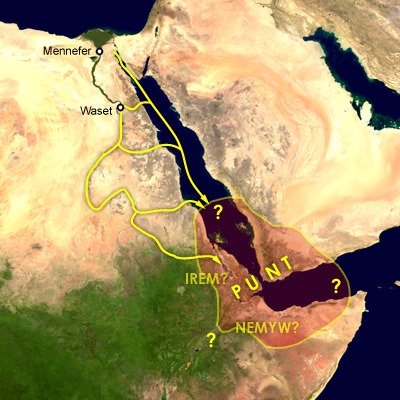Cortisol will ruin you
If you let it get away from you, chronic stress will lead to chronic disease and chronic disease will lead to early death
What are the best ways to lower cortisol?
1) Don't follow extreme diets
Cutting out all carbohydrates or fasting for 36 hours is going to wreak havoc on your stress hormones.
Although you may experience short term weight loss, it's going to hurt you in the long-term.
A balanced macronutrient ratio is best to aim for.
2) Get out in nature
Idc if you live in Alaska or Guatemala, connecting with nature daily will do more for your health than any biohack ever will
Reconnect to your ancestral roots and make it a habit.
Grounding/earthing, forest bathing, hikes, ocean swims, etc
3) SLEEP
You CANNOT neglect your sleep. I don't care how tough or alpha you think you are. It will eventually catch up with you.
@holisticnicola just released a great guide on sleep. Go check that out now as I read it and agree with everything inside.
MAKE THIS A PRIORITY
4) Improve your testosterone
Anything that improves your testosterone levels will decrease cortisol.
Here's a start:
-lower body fat
-eliminate PUFAs
-resistance training
-no alcohol
-sleep 8+ hours
-nutrient dense diet
-do cool shit


